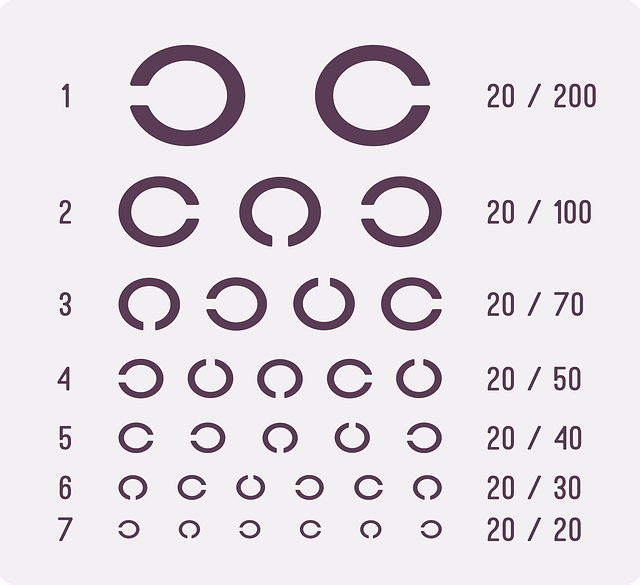In the UK, a simple cholesterol blood test can detect Vitamin B12 deficiency, which often goes overlooked. High homocysteine levels indicate deficiency (below 110 pg/mL). Early identification through regular screening allows for timely interventions like diet adjustments, supplements, or medical treatments, preventing complications. Consulting a healthcare professional is crucial to interpret results and recommend suitable treatment, such as dietary changes or injections.
In the UK, vitamin B12 deficiency is a growing concern. Understanding this condition is crucial for maintaining overall health. This article guides you through essential aspects of vitamin B12 deficiency testing using blood tests, a common practice in the healthcare sector. Learn how these tests work and what your results mean. We’ll explore the next steps after interpreting your UK cholesterol blood test outcomes, empowering you to take control of your well-being.
- Understanding Vitamin B12 Deficiency
- How Blood Tests for B12 Deficiency Work
- Interpreting Results and Next Steps
Understanding Vitamin B12 Deficiency
Vitamin B12 deficiency is a common but often overlooked health issue in the UK, especially among individuals with certain dietary restrictions or those at risk for absorption problems. It occurs when the body doesn’t have enough of this essential nutrient, which plays a vital role in maintaining healthy nerves and blood cells. Symptoms can range from fatigue and weakness to neurological issues such as tingling or numbness in the hands and feet.
A simple cholesterol blood test in the UK can help identify B12 deficiency by measuring the levels of homocysteine, a substance produced when the body lacks enough B12. High levels of homocysteine are indicative of a deficiency, highlighting the importance of regular screening, especially for at-risk individuals. Early detection allows for timely intervention through diet changes, supplements, or medical treatments to prevent further complications and promote overall well-being.
How Blood Tests for B12 Deficiency Work
Blood tests for B12 deficiency work by measuring the levels of vitamin B12 in your blood. In the UK, a cholesterol blood test is often used as a screening tool to check for this deficiency. During the test, a small sample of your blood is taken and analysed to determine if there’s an adequate amount of B12 present. Vitamin B12 plays a crucial role in maintaining healthy nerve cells and producing DNA, which is essential for all cells in the body.
If the blood test results indicate low levels of B12, further investigation may be required to identify the underlying cause. This could involve additional tests or medical assessments. It’s important to consult with a healthcare professional if you suspect a B12 deficiency, as they can interpret the test results accurately and recommend appropriate treatment options, which might include dietary changes or supplementation.
Interpreting Results and Next Steps
Interpreting Results & Next Steps
After your vitamin B12 deficiency testing, understanding your results is crucial. In the UK, a cholesterol blood test often includes measurements for total vitamin B12 levels. Typically, a result below 110 pg/mL (picograms per millilitre) indicates deficiency. If your test comes back low, don’t panic; it’s important to discuss these findings with your healthcare provider. They will consider factors like diet, underlying health conditions, and potential medication interactions to determine the best course of action.
Depending on the severity of your deficiency, treatment options may include dietary changes (including fortified foods or vitamin supplements), injections, or intramuscular treatments. Your doctor might also recommend further tests to monitor your B12 levels over time and ensure successful management of any deficiency.
In light of the above, understanding vitamin B12 deficiency is crucial for maintaining overall health. Blood tests, such as a UK cholesterol blood test, play a pivotal role in diagnosing and managing this condition. By interpreting results accurately, individuals can take appropriate next steps to address any deficiencies, thereby enhancing their well-being.
